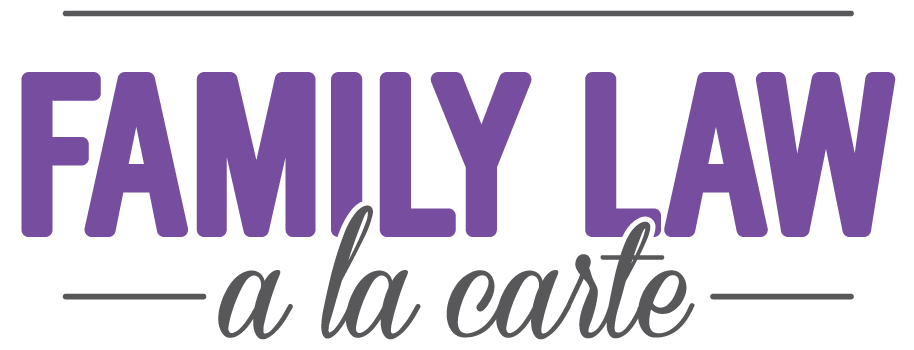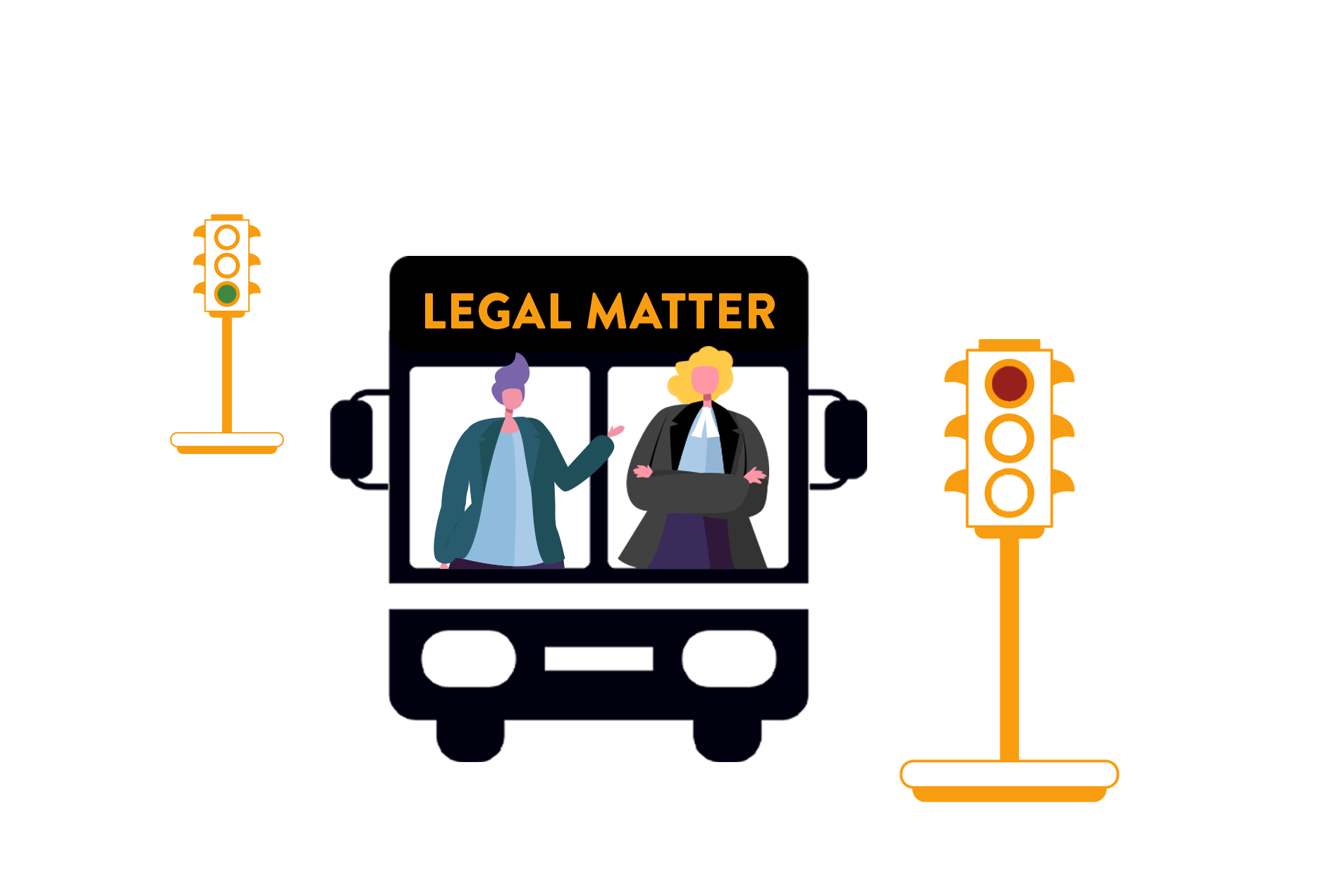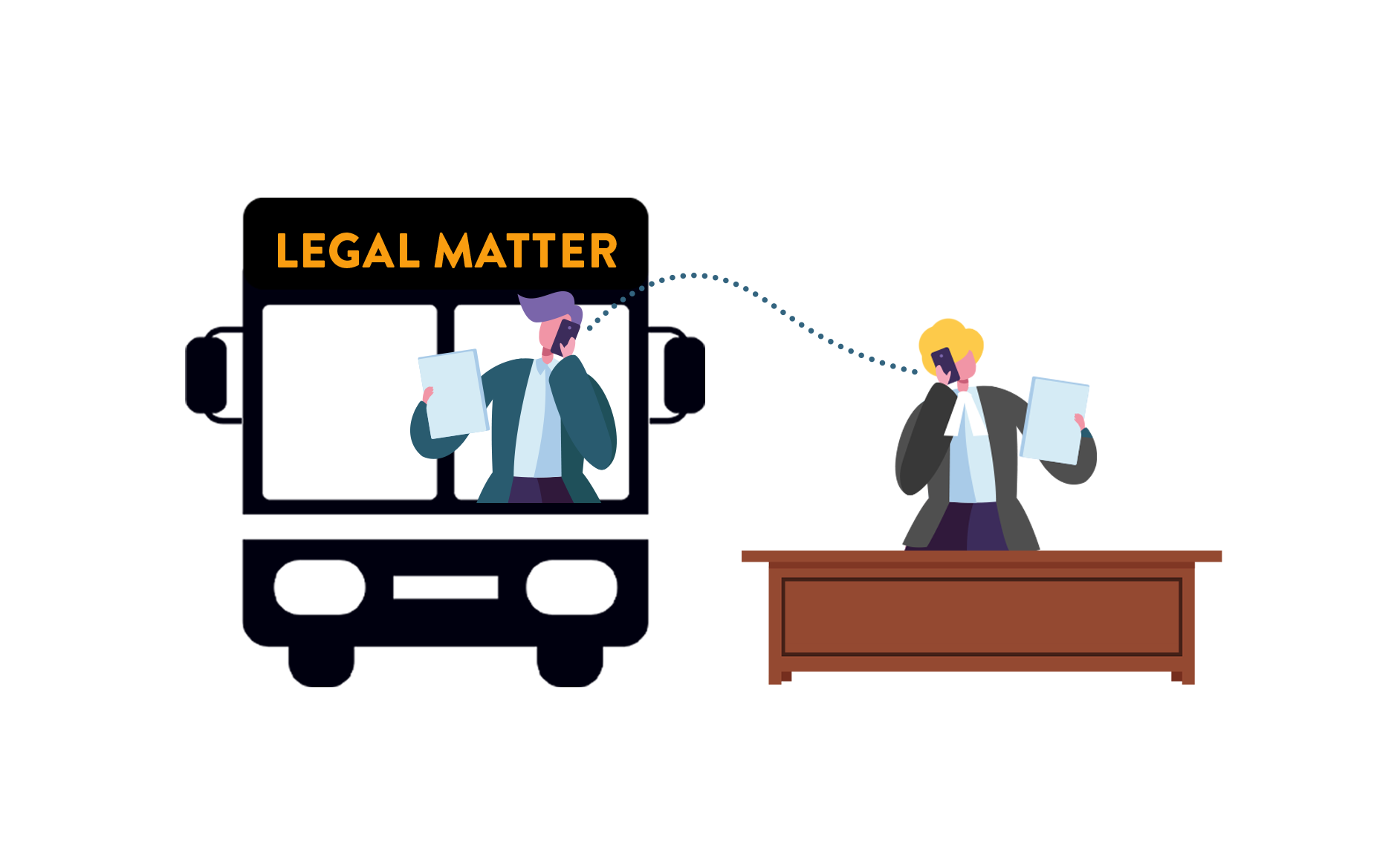“Unbundle: verb – charge for services separately rather than as part of a package.”
– Dictionary
Those in the business world are familiar with the terms ‘bundling’ and ‘unbundling’. For the rest of us – and for most in the legal world – the concept of unbundling is relatively new. That may be because we never considered ‘bundling’ in the first place.
Bundling is essentially what the traditional practice of law is: you take your bundle of legal issues (even when you think you only have one legal issue, a lawyer invariably advises you it’s more than one) and hand the bundle over. The lawyer will work on sorting out the legal issues, getting your instructions over the course of the file, and ultimately resolving it (whether by agreement or court order).
A number of years ago, as the price of a lawyer on a full retainer became out of reach for so many and as other simply decided that they did not want to spend their money that way, some in the legal profession started applying the concept of ‘unbundling’ to the practice of law.
Why does a lawyer have to manage every aspect of a legal matter? Why can’t the consumer decide what, when, and how the need legal help? Shouldn’t there be alternative forms of legal service delivery to meet the differing needs of the public? Isn’t that true access to justice?
When you hire a lawyer on a limited scope basis, you and the lawyer carve out of the whole bundle the specific piece that the lawyer will do for you. This may be research, writing, representation at one specific event, or providing an opinion.
When you hire a lawyer on a legal coaching basis, the unbundling goes one level deeper. You do all the work. The lawyer provides coaching when you need it. It could be about how to research, how to write something, or how to prepare for and represent yourself. Legal coaches also give legal advice.
Check back next week, ‘V’ is for …


